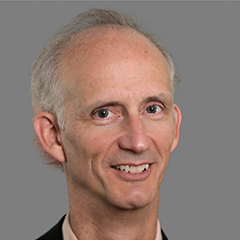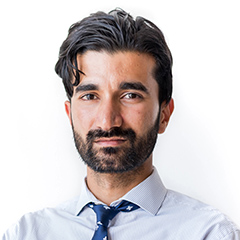Project Overview
To identify how clean energy investments in Peru, Nigeria, Rwanda, Kosovo, Pakistan, Malawi, and India contribute to local employment and other labor market outcomes and provide evidence that can inform future clean energy investment and policy decisions.
Transitioning to clean energy has the potential to address climate change and extend energy access to the 789 million people—more than 10 percent of the global population—who still lack access to electricity.
The World Bank
Developing clean energy has implications for overall employment levels, economic growth, and living standards. However, measuring the employment effect of the clean energy transition is complex. That is why Mathematica is assessing how a range of energy investments made by the World Bank to reduce carbon emissions and improve energy efficiencies are contributing to local employment.
Through seven case studies, Mathematica will provide a snapshot of the local employment effects across the World Bank’s portfolio of energy investments—from building a hydropower plant to supporting investing in energy efficiency.
Our analysis will focus on a subset of projects identified by the World Bank’s Energy Sector Management Assistance Program. Through the case studies, we will answer the following overarching questions:
- What is the relationship between the investments and local employment?
- Were women and vulnerable populations employed?
- Could the project components advance other labor market outcomes, such as wages, quality, and job condition?
- What are some barriers to or facilitators of job creation for these project components?
- Did the institutional and policy environments pose any challenges to these project components?
Evidence & Insights From This Project

Jobs Generated by the Rampur Hydropower Project in India
This case study seeks to shed light on the employment impacts associated with the construction, operation, and maintenance of the Rampur run-of-river hydroelectricity scheme as part of the Rampur Hydropower Project.
Learn MoreRelated Staff
See Clearly. Act Quickly.
From local to global challenges in health, human services, and international development, we’re here to improve public well-being and make progress together. Learn more about becoming a Mathematica client or partner.
Work With Us



